Virtual seminar
Relations between Tunisia’s major trade union, the Tunisian General Labor Union (UGTT), and the President of the Republic have been strained since Kais Saied announced the July 25 proceedings, and especially since the September 22 announcement. The aspects of the crisis as expressed by the anxious declarations of the leaders of the trade union organization in the face of the contempt of the Presidency of the Republic are articulated in several points: the monopoly exercised by the President of the Republic on all powers under the regime of exception, his marginalization of the dialogue initiative presented by the Union more than a year ago, his rejection of intermediary bodies such as parties and trade unions, in addition to the vague speech of the President on the measures of austerity, are all signs that are likely to have an impact on the social reality of the country.
The union sees itself as a full partner in the establishment of the 2014 constitution. Indeed, this is a historic fact due to the pressure exerted by the union organization on the various parties to the conflict in 2012 and 2013 urging them to agree on the consolidation of permanent institutions, including the constitution. For those familiar with the Union’s history, this role was nothing more than the continuation of its long-standing national role as a partner in the battle for liberation from colonialism, as well as in the construction of the national state and in the protection of the social rights of the middle and underprivileged classes. From a purely historical point of view, the union is all that remains of the core of the founding elite of the national struggle and the path of state building after the collapse of the parties that made the foundation their unifying legend. The Union was able to regain its role and emerge from the crisis of the revolution and the involvement of its leaders in the Ben Ali regime, and it became the main political and social player throughout the decade that followed the events of the revolution. This role now seems called into question by the behavior of the President of the Republic in the face of multiple initiatives and other calls from the UGTT to involve it in important political decisions.
Upon observing the performance of the presidency, these fears do not seem exaggerated. The tendency of the President of the Republic to concentrate all the power in his hands is consistent with this behavior contemptuous of the workers’ organization. Just as the president focused on certain components of the political and civil arena that mobilized the necessary support for his actions on July 25, the turning point of September 22 left no doubt about his intention to abolish all the constitutional system, to cancel all guarantees of the separation of powers and to target the electoral system. The organization’s fears ultimately sum up not only the concerns of the political organization about the actions of the president, but also the concerns of civil society, which also feels threatened.
Is the union becoming the political and civil lever in the face of the president’s monopoly of powers and his single- mindedness? Is the “bottom-up project” a threat to the traditional liberal representative system? Does the union anticipate the painful austerity measures the government is heading for because of the budgetary pit and the difficulty in finding external financing? Can we expect a convergence of social concerns and political fears in the political behavior of the Union in the coming period in a way that will make the organization the first opposition to the orientations of the Presidency in its political and social aspects?
The Center for Strategic Studies presents these discussion topics in the virtual seminar in which Professor Abdelouahed Mokni, Professor of Contemporary History and President of the University of Sfax, will be interviewed by Professor Zaki Rahmouni, former member of the Independent High Authority for Elections. Abdelouahed Mokni is professor of higher education at the Tunisian University, professor of contemporary history at the Faculty of Arts and Human Sciences of Sfax, and president of the University of Sfax for two terms. Among his most important works are “The Tunisian social elites at the time of French colonialism (1881-1956), “Origin and separation, in the history of the families of Sfax”, “Farhat Hached, Founder, Witness and Leader martyr”, “The difficult equation”, “The failure of the modern Enlightenment movement in Arab countries. »


